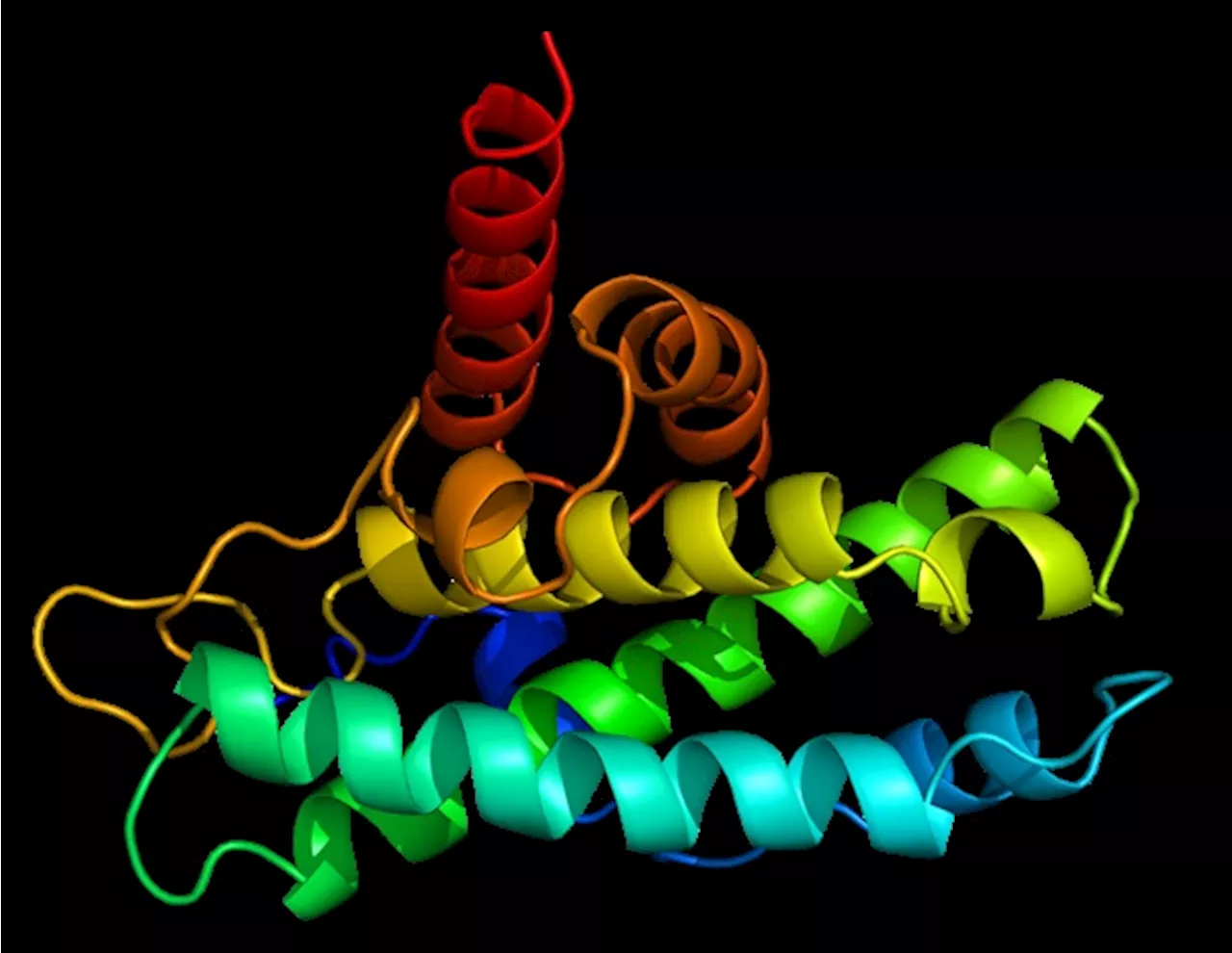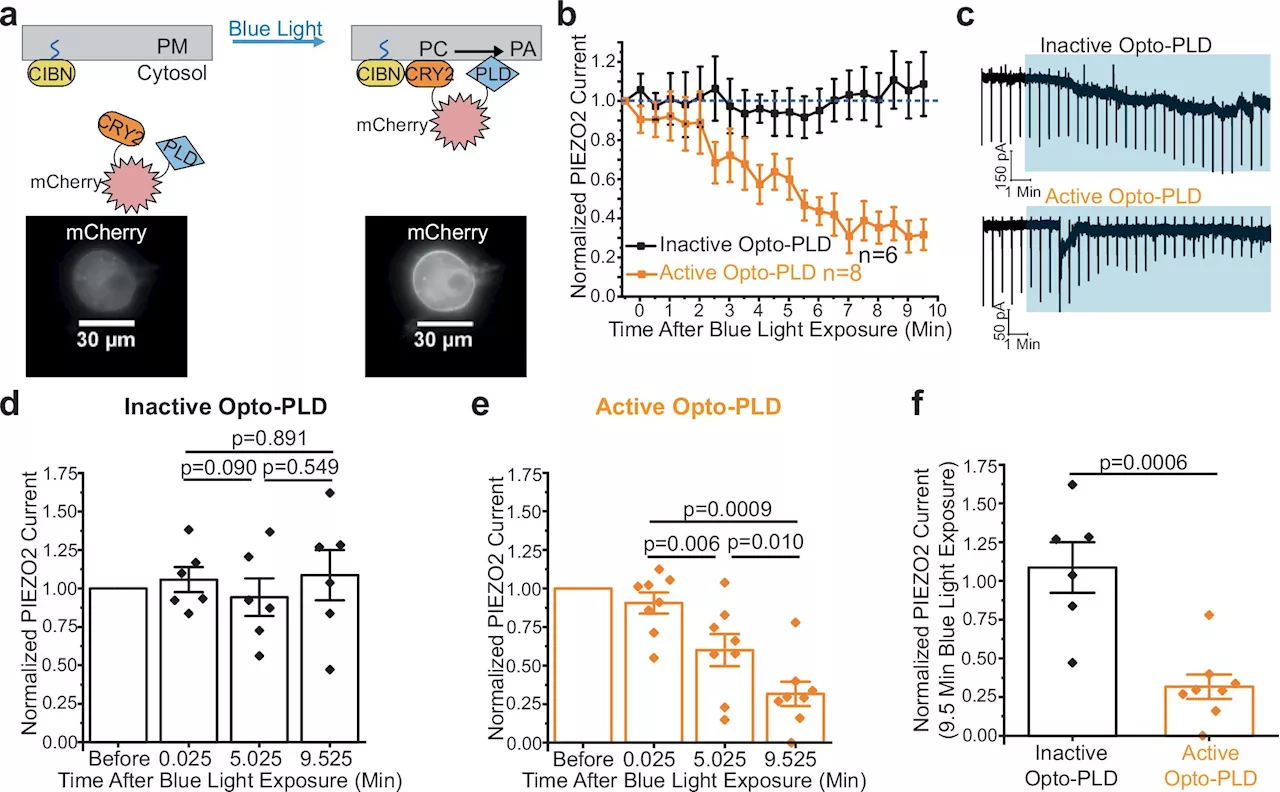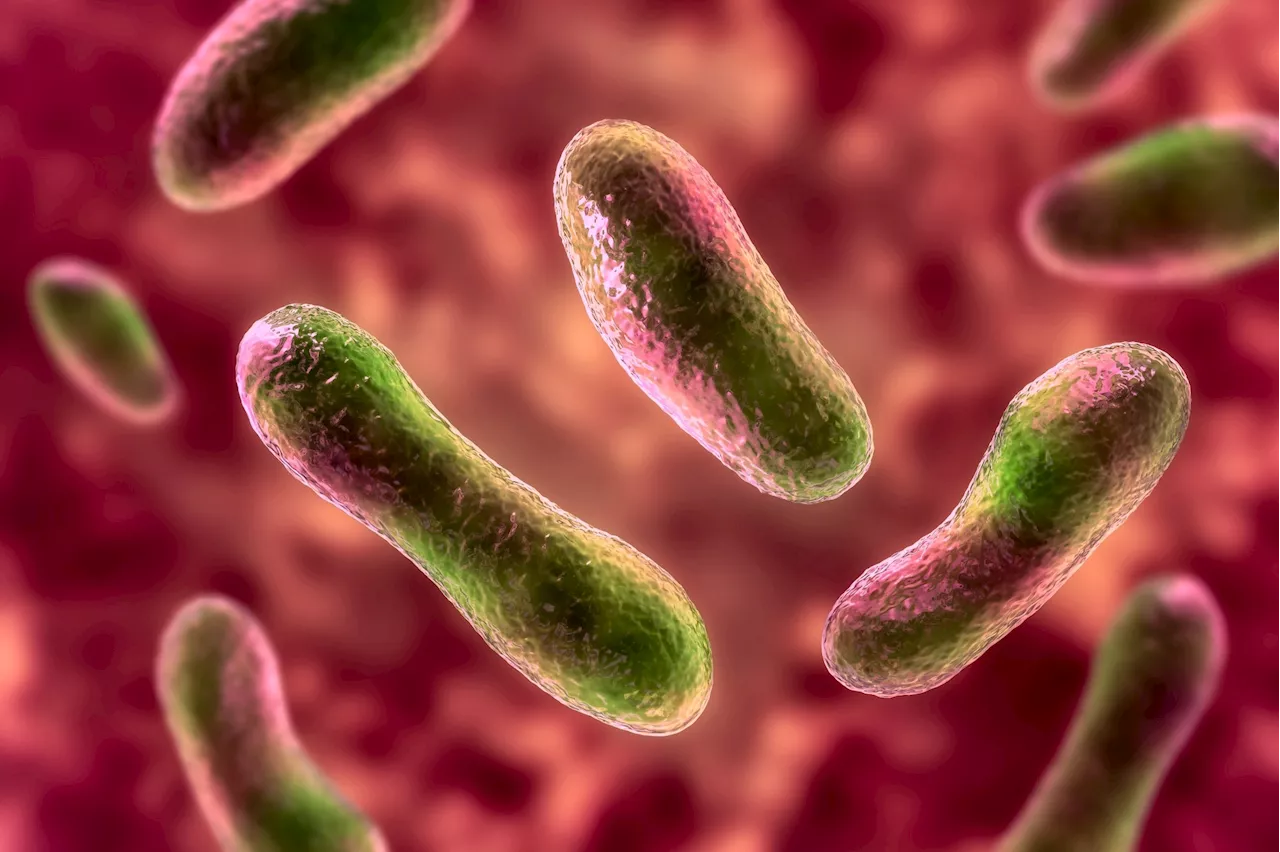Researchers explore the frequency of symptoms like chronic fatigue in IBD in relation to specific bacteria in the human gut.
By Dr. Liji Thomas, MDReviewed by Benedette Cuffari, M.Sc.Sep 11 2024 Research uncovers a potential link between gut bacteria and chronic fatigue in IBD patients, with specific microbes predicting the success of thiamine therapy for fatigue relief. Study: Thiamine-reduced fatigue in quiescent inflammatory bowel disease is linked to Faecalibacterium prausnitzii abundance. Image Credit: Kateryna Kon / Shutterstock.
Thiamine, which is more commonly referred to as vitamin B1, is an essential cofactor for multiple enzymatic pathways involved in energy production from the aerobic and anaerobic breakdown of carbohydrates. Thiamine is produced by most microorganisms and plants, but not by vertebrates; therefore, humans derive most of their thiamine from their diet, following which it is primarily absorbed in the small intestine.
Fecalibacterium is among the most abundant bacteria in the gut of a healthy human adult. The prevalence of Fecalibacterium in the human microbiome appears to be age-dependent, as it is found in up to 92% of adults and only 78% of the elderly. In one small preliminary study, high doses of thiamine reduced chronic fatigue, which may be mediated by alterations in the gut microbiota. The current study further assessed the role of the gut bacteria in mediating the effect of thiamine in patients with quiescent IBD and severe chronic fatigue.
Changes in microbiota Patients with IBD exhibited similar microbial diversity, with comparable abundances of butyrate and butyrate-producing bacteria, irrespective of the presence of fatigue. Moreover, thiamine therapy failed to change these parameters.
Fatigue Chronic Frequency Inflammatory Bowel Disease Tiredness
United States Latest News, United States Headlines
Similar News:You can also read news stories similar to this one that we have collected from other news sources.
 Researchers develop new method to study critical type of protein modification processHuman proteins undergo a variety of chemical modifications following their synthesis. These modifications regulate their structure, function, and stability.
Researchers develop new method to study critical type of protein modification processHuman proteins undergo a variety of chemical modifications following their synthesis. These modifications regulate their structure, function, and stability.
Read more »
 Emory researchers offer a new perspective on the mechanism behind Alzheimer's diseaseNew findings out of Emory University are challenging existing theories about the origins of Alzheimer's, the leading cause of dementia in the elderly worldwide.
Emory researchers offer a new perspective on the mechanism behind Alzheimer's diseaseNew findings out of Emory University are challenging existing theories about the origins of Alzheimer's, the leading cause of dementia in the elderly worldwide.
Read more »
 Researchers report potential new treatment regimens for multidrug-resistant TB meningitisIn a preliminary study with a small number of humans, rabbits and mice, researchers at Johns Hopkins Children's Center say they have developed four new regimens that have the potential to treat and save the lives of people with multidrug-resistant (MDR) tuberculous (TB) meningitis.
Researchers report potential new treatment regimens for multidrug-resistant TB meningitisIn a preliminary study with a small number of humans, rabbits and mice, researchers at Johns Hopkins Children's Center say they have developed four new regimens that have the potential to treat and save the lives of people with multidrug-resistant (MDR) tuberculous (TB) meningitis.
Read more »
 Researchers discover new way inflammation impacts cell communicationIndiana University School of Medicine researchers have made significant progress in understanding how cells communicate during inflammation.
Researchers discover new way inflammation impacts cell communicationIndiana University School of Medicine researchers have made significant progress in understanding how cells communicate during inflammation.
Read more »
 Researchers develop new chemical method to enhance drug discoveryMoffitt Cancer Center researchers have developed a novel reagent that enhances the precision of drug synthesis.
Researchers develop new chemical method to enhance drug discoveryMoffitt Cancer Center researchers have developed a novel reagent that enhances the precision of drug synthesis.
Read more »
 Researchers discover new way to control the sense of touchRutgers researchers have found a new way to manage the receptors that control the sense of touch, which could lead to treating chronic pain more effectively.
Researchers discover new way to control the sense of touchRutgers researchers have found a new way to manage the receptors that control the sense of touch, which could lead to treating chronic pain more effectively.
Read more »
